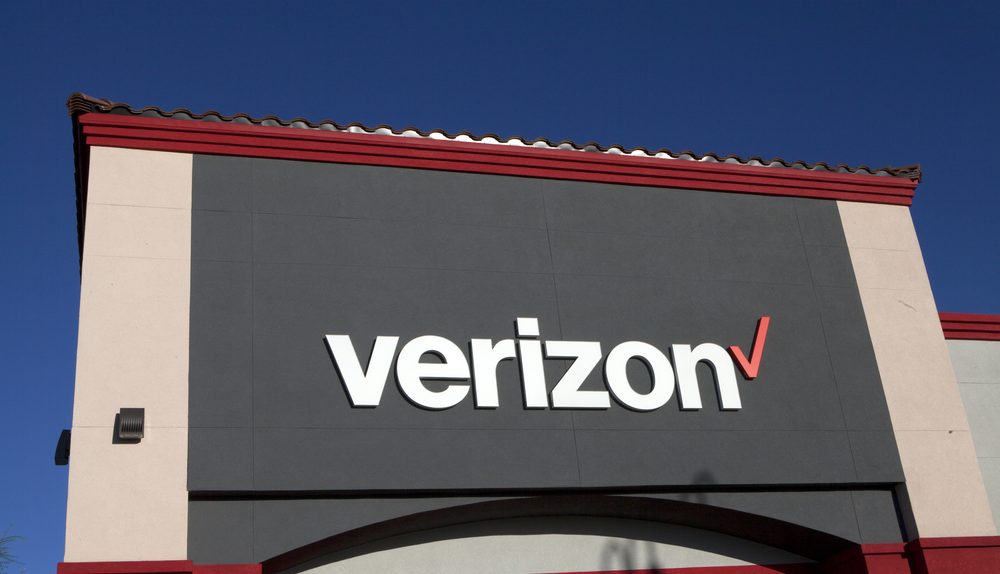Thanks to fierce competition between the four national wireless networks in the last decade, all the carriers are hunting for anything that can differentiate their network from the rest. For T-Mobile, that’s been a scrappy underdog image and a whole bunch of magenta clothing; Verizon, on the other hand, trades on the strength of its network.
Defining one network as the “best” is an imperfect science at best. Recently, crowd-sourced data, gathered from tens of millions of speed tests submitted by users who download an app, havce become popular. The crowd-sourced data has repeatedly shown T-Mobile and Verizon to be neck-and-neck — the most recent round of testing even has T-Mobile on top — but when it comes to the older and costlier road-testing, Verizon is still king.
Rootmetrics just released its report on the state of mobile networks in the US in the first half of 2018, and the results make for great reading if you’re a Verizon exec. The network won every national-level award for speed, coverage, and call quality, putting it in first place for the 10th time running in Rootmetrics’ evaluation. It won 602 of a possible 750 metro-area awards, and 259 out of 300 possible state-level awards.
Rootmetrics is one of the premiere road-testing companies in the US. At its simplest, road-testing involves taking phones from all four carriers and driving around the country, testing the network quality head-to-head in thousands of different locations. The choice of where to run the tests obviously has a tremendous impact on the results, and critics of road-testing say that the picture it builds up of a network doesn’t accurately reflect how people actually use the network. On the other hand, road-testing is more consistent, and by using the same device side-by-side in the same physical location, most of the variables are controlled in a way that they aren’t with crowd-sourced testing.
So if there’s no consensus about which testing is best, and such differences between the results, why bother looking at the data at all? The answer is simple: Look at local results and the changes year-on-year, rather than the overall winners and losers.
In this Rootmetrics report, for example, Verizon’s average download speed increased significantly, with a median download speed greater than 20Mbps in 106 cities, up from 71 cities six months ago. In the crowd-sourced data, you can see that Sprint has improved massively, closing the gap between itself and the other three networks to look much more respectable.










